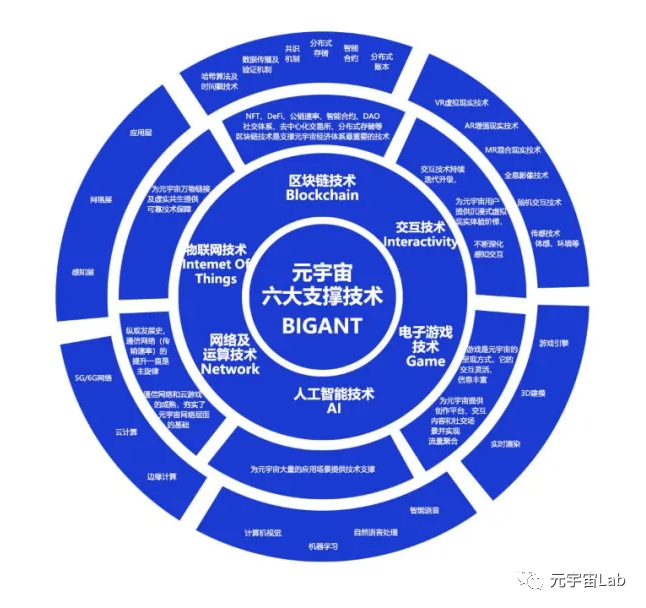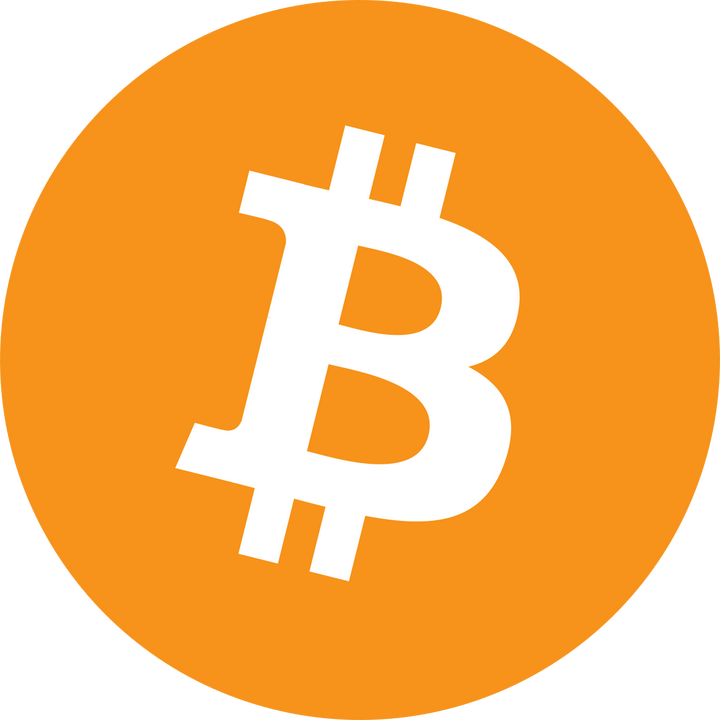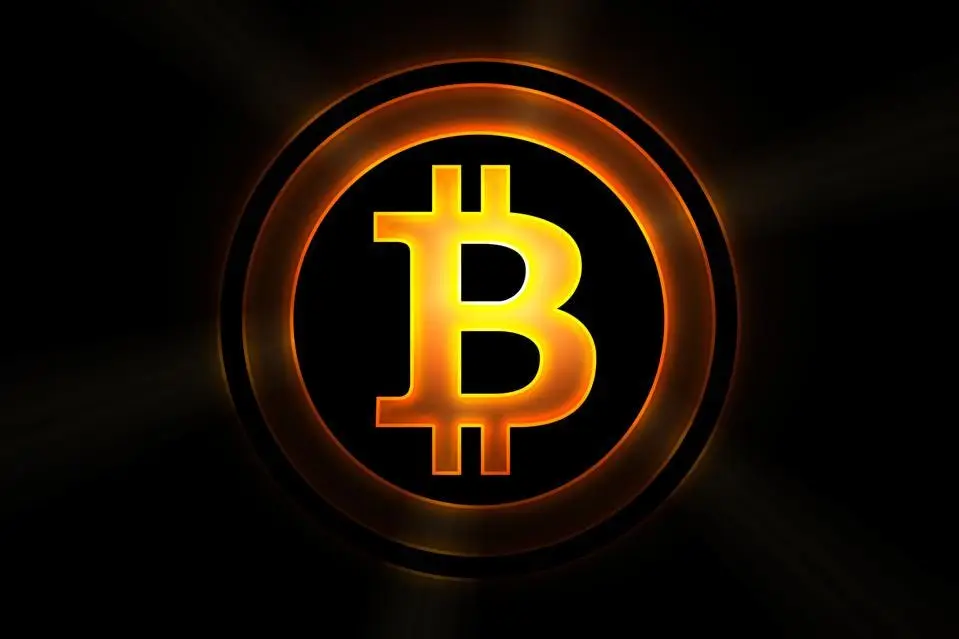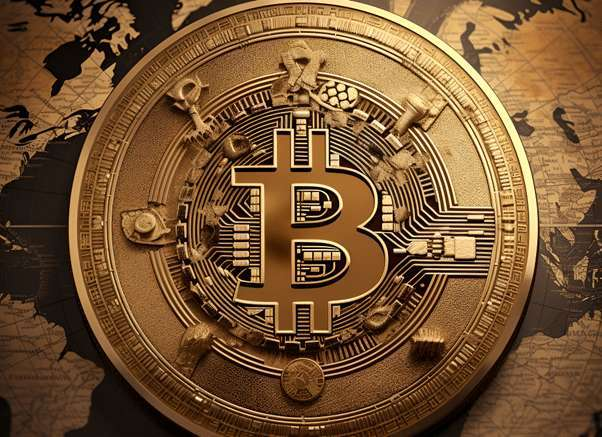Must Read: Eight Categories of Essential Technologies to Support the Metaverse Framework
The metaverse is linked and created by using technology, a virtual world mapped and interacted with the real world, a digital living space with a new social system, and a coupling between people’s imagination and real technological conditions. Under different technological conditions, the shape and realization of the metaverse are completely different. This means that if we want to truly understand the current situation of metaverse development and gain insight into the possible future direction of metaverse development, we must have some knowledge of the technologies related to it.

The metaverse is linked and created by using technology, a virtual world mapped and interacted with the real world, a digital living space with a new social system, and a coupling between people’s imagination and real technological conditions. Under different technological conditions, the shape and realization of the metaverse are completely different. This means that if we want to truly understand the current situation of metaverse development and gain insight into the possible future direction of metaverse development, we must have some knowledge of the technologies related to it.
The technology related to the metaverse is definitely complex. Nowadays, we see a variety of technological terms - AR, VR, blockchain, artificial intelligence, Internet of Things …. But not all of them are just claptrap. From a technological point of view, the metaverse is indeed very interconnected, and many technological changes will have a huge impact on the construction of the metaverse.
Since the technologies related to the metaverse are too diverse and complex, industry veterans have divided the key technologies into eight categories for the sake of discussion.
I. Blockchain technology (Blockchain technology)
Interaction technology (Interactive technology)
Communication technology
Cloud computing and edge computing (Cloud Computing and Edge Computing)
V. High performance computing and quantum computing
(High Performance Computing and Quantum Computing)
Sixth, the Internet of Things (Internet of Things)
Seven, network technology (Network technology)
Eight, artificial intelligence technology (Artificial intelligence technology)




